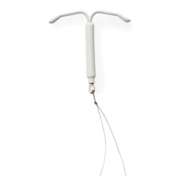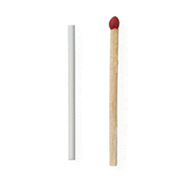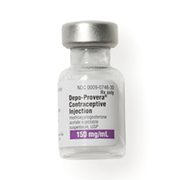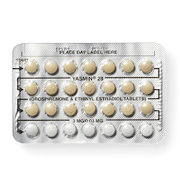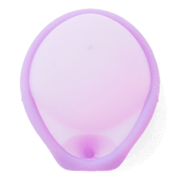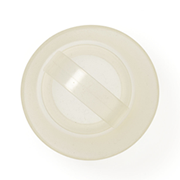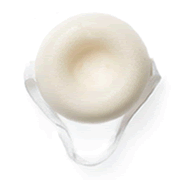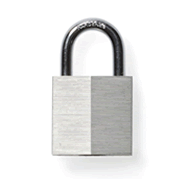Why My Mirena is My Ride or Die

With a low hormone dosage, this IUD doesn’t affect my mood like the pill. But it does regulate my period.
My Mirena and I are best friends. I once struggled with terrible cramps, long periods, and forgetting to take my birth control pill—but the Mirena changed all of that.
Three years after first getting my IUD inserted, it remains one of the best health care decisions I have ever made for myself.
It took a while to get here, though. The journey toward finding the perfect birth control option was anything but easy.
When it comes to sex, I was a late bloomer; I was well into my 20s the first time I had sex. So, my relationship with birth control also got a late start. When I was finally ready, I chose the pill. I had little education about my options, and it seemed like the pill was the default. Plus, even without insurance, it was fairly affordable at my local clinic.
Unfortunately, the pill didn’t improve the debilitating periods that had plagued me since the 5th grade. It did, however, affect my mood.
I also quickly learned that my forgetfulness—I’m constantly misplacing keys and forgetting conversations from the previous day—extends to birth control. I kept forgetting to take my pill, though I was diligent about setting alarms and reminders.
Eventually I moved on to Paragard, the copper, hormone-free IUD. There were some things I immediately loved, like the fact that I didn’t have to think about my birth control on a daily basis. It made my life so easy!
But there were major downsides for me too. My periods were heavy, and they began getting longer, lasting up to 15 days. I also had the worst cramps of my life.
A year later, I finally found the birth control that was meant for me: the Mirena IUD.
For me, the Mirena is the perfect birth control. With a low hormone dosage, this IUD doesn’t affect my mood like the pill. But it does regulate my period. Within months, my periods were basically nonexistent on the Mirena. As someone who has a long history of cramps and heavy periods, that was a blessing.
There are also no ongoing costs associated with the Mirena. As a freelancer who went all of 2018 without insurance, I knew I needed to avoid the time and ongoing costs associated with other forms of birth control. But remember, The Right Time health centers stock all methods of contraception and offer free or low-cost contraception to those who need it and same-day insertion as well.
Also, because the Mirena lasts seven years (it’s FDA approved for up to five years but there is good evidence that it’s effective for up to seven) and is super effective at preventing pregnancy (more than 99% effective), I never have to worry or think about it, and I know I’m protected against pregnancy.
I’m in a committed relationship, but I don’t want or plan on having children. So an unplanned pregnancy could derail my future. With the Mirena, I’m better able to care for myself, including my career and personal goals.
Updated November 2019
Related Content


Article
Here’s the Truth about Birth Control and Weight GainIt’s hard to know what birth control will or won’t do for everyone.

Article
What Does “Unprotected Sex” Really Mean?It’s always a good idea to make sure you and your partner are on the same page in terms of sex before you have it.

Article
Can You Use Birth Control if You Aren’t Having Sex?There are lots of reasons why people use birth control.



